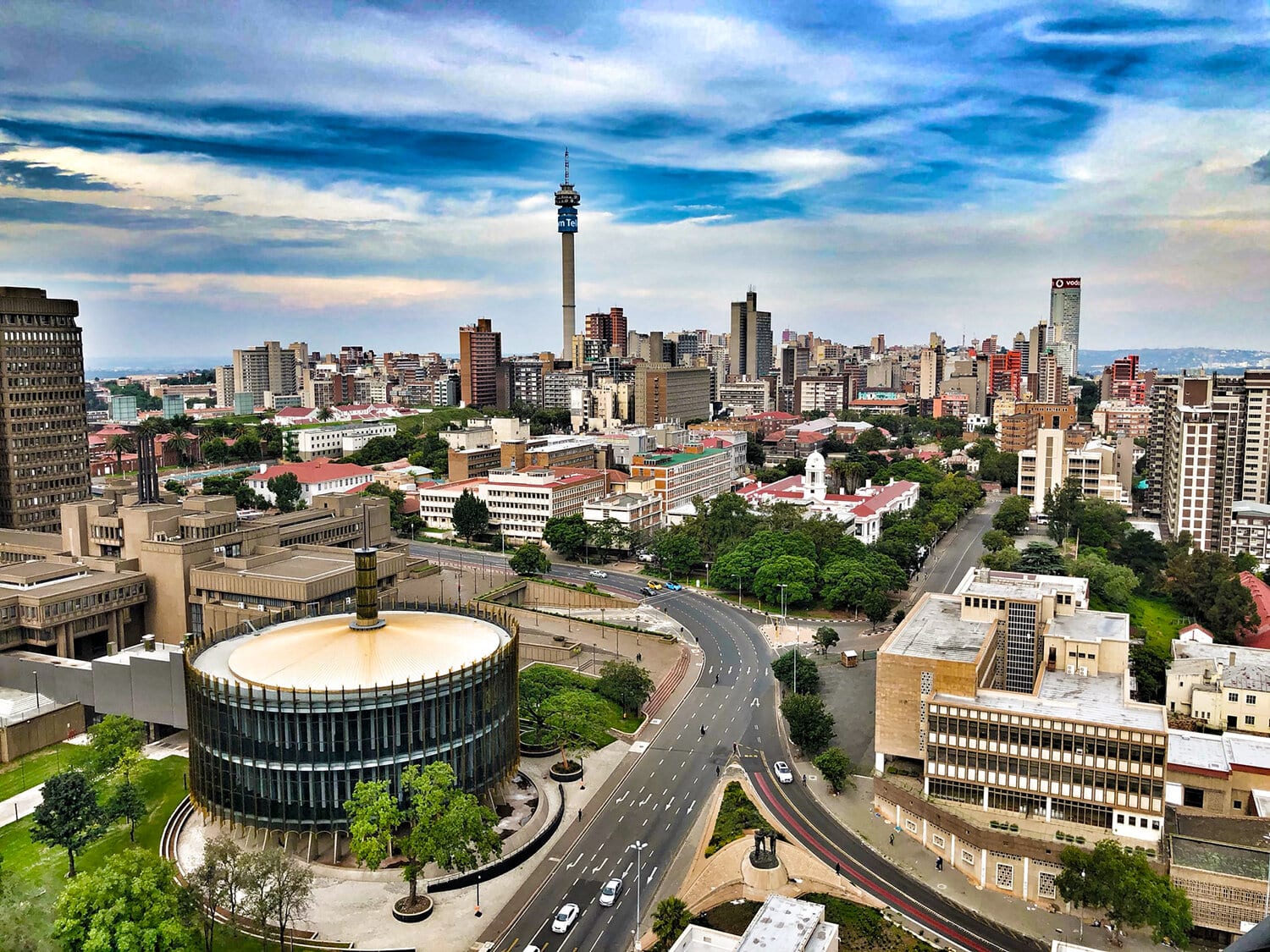Johannesburg North Attractions for Dummies
Johannesburg North Attractions for Dummies
Blog Article
Johannesburg North Attractions for Dummies
Table of ContentsLittle Known Facts About Johannesburg North Attractions.Some Known Facts About Johannesburg North Attractions.The Johannesburg North Attractions DiariesSome Ideas on Johannesburg North Attractions You Should KnowThe 10-Minute Rule for Johannesburg North AttractionsSome Of Johannesburg North AttractionsThings about Johannesburg North Attractions
However you need to keep safety and security in mind and vacationers have to remain sharp in any way times when in strange surroundings. Talk to the locals when you remain in town to discover the location you are remaining in. Johannesburg North attractions. When on the road (this does not relate to mall and other safe and secure atmospheres) ideal basic guidance is to attempt your finest to look like a regional and to stay clear of showing any form of wealth
Not known Incorrect Statements About Johannesburg North Attractions
Professor Revil Mason O. J. (Thomson, 1946) discovered the Witwatersrand's pre-colonial background. His archaeological work blew up the 'em pty land' myth, according to which the area was without human habitation prior to the arrival of European inhabitants. In his magazines Prehistory of the Transvaal: A Document of Human Activity (1962) and Origins of Black People of Johannesburg and the Southern Western Central Transvaal Advertisement 3501880 (1986 ), Professor Mason demonstrated the degree of social and financial growth in the location prior to Europeans established foot here.

The smart Trick of Johannesburg North Attractions That Nobody is Talking About
In 1878, David Wardrop found gold in quartz veins at Zwartkop, north of Krugersdorp. In 1881, Stephanus Minnaar came across gold on the farm Kromdraai, near the Cradle of Mankind.
In March 1886, a protrusion (quickly to be called the Key Reef) was found, rather fortunately, on Gerhardus Oosthuizen's farm Langlaagte. Some say that the Lancastrian coal miner George Pedestrian uncovered this coral reef. Another travelling English miner, George Harrison (who had formerly worked in Australian mines) obtained a prospecting licence in respect of Langlaagte in Might 1886.
He chose to move on in a mission for greener pastures, and disposed of his Langlaagte claim for the handsome sum of 10. Alas: below lay the richest goldfield ever before located. The exploration of this abundant auriferous coral reef provoked a gold rush that signalled the end of agrarian tranquillity in the southerly Transvaal.
It would certainly, within 6 years, come to be the biggest town in southern Africa. Within a years, it would certainly make the Z. A. R. up until then an anarchical and bankrupt little state the most affluent nation in Africa. By the turn of the century, the Z. A. R. was to go beyond Russia, Australia and the USA of America to end up being the world's leading gold site here producer, generating more than a quarter of the globe's gold.
The Buzz on Johannesburg North Attractions
It was understood as Ferreira's Camp, named after Colonel Ignatius Ferreira. He was a Boer adventurer upon whom the British authorities had actually bestowed the standing of Buddy of the A Lot Of Differentiated Order of St Michael and St George (entitling him to the post-nominal letters C. M. G.) in gratefulness for his role in the battle that had deposed the Pedi king Sekhukhune in 1879.
Two other camps were developed: Meyer's Camp on the ranch Doornfontein, and Paarl Camp. The latter was nicknamed Afrikander Camp; numerous individuals from the Cape Swarm worked out there.

Some Known Factual Statements About Johannesburg North Attractions
This name acquired money by word of mouth, such that the State Secretary affirmed the name to the Mining Commissioner on 9 October 1886. Stands in the town were auctioned on 8 December 1886. While some stands were offered for 10, others were knocked down for as little as sixpence.
Two years later on, these erven were to alter hands for as high as 750 each. The tented camps dwindled as a dorp of corrugated iron structures created and expanded north of the mines situated along the Main Reef Roadway. Areas such as Jeppe's Community (where working-class immigrants erected their homes) and Doornfontein (where the wealthy new 'Randlords' started to construct their luxurious residences) were quickly included in the ever-expanding map of the town.
The Best Guide To Johannesburg North Attractions
Aside from the road names, there were no indicators of Johannesburg being positioned in a Dutch-speaking country. Numerous years later, C. W. Kearns O. J. (one of the very first kids enlisted at St John's College in 1898) would certainly remember: 'A weird reality about Johannesburg was that, although it was in the [Boer Republic], nearly everyone spoke English and even the Government servants attended to one in English, unless they were initial resolved in the Taal (or Reduced Dutch)'.
As such, Britain had a rate of interest in ensuring optimal conditions for gold manufacturing on the Witwatersrand, which the gold was exported to London instead of Berlin a necessary provided all the extra clamant by the Z. A. R - Johannesburg North attractions.'s raising toenadering with Germany. Mine proprietors got on a clash with Head of state Kruger, whose policy of monopolistic giving ins (commonly given to his cronies) prevented mining firms from obtaining supplies of materials (specifically dynamite) and work by themselves, less costly terms
Some Of Johannesburg North Attractions
In 1890, the Volksraad had limited the franchise to white guys who had stayed in the Z. A. R. for fourteen years or longer, thus disqualifying many of the immigrants (who occurred to be the significant factors to the fiscus). Agitation for the vote was a mere pretext for advertising a various schedule; most uitlanders regarded themselves as momentary site visitors and had no intention of remaining in the try this website Z.
Report this page